Transparent criteria to avoid "exploitation" or "formalization"
Participating in the discussion, delegate Nguyen Thi Thu Ha commented that this draft Law has shown a big step forward in management thinking, in line with the trend of autonomy of public service units. In particular, the regulations on competitive recruitment, abolishing the probationary system and expanding the target of receiving high-quality human resources (including foreigners)... are considered bright spots to fill the "gap" in management capacity and expertise in the public sector.
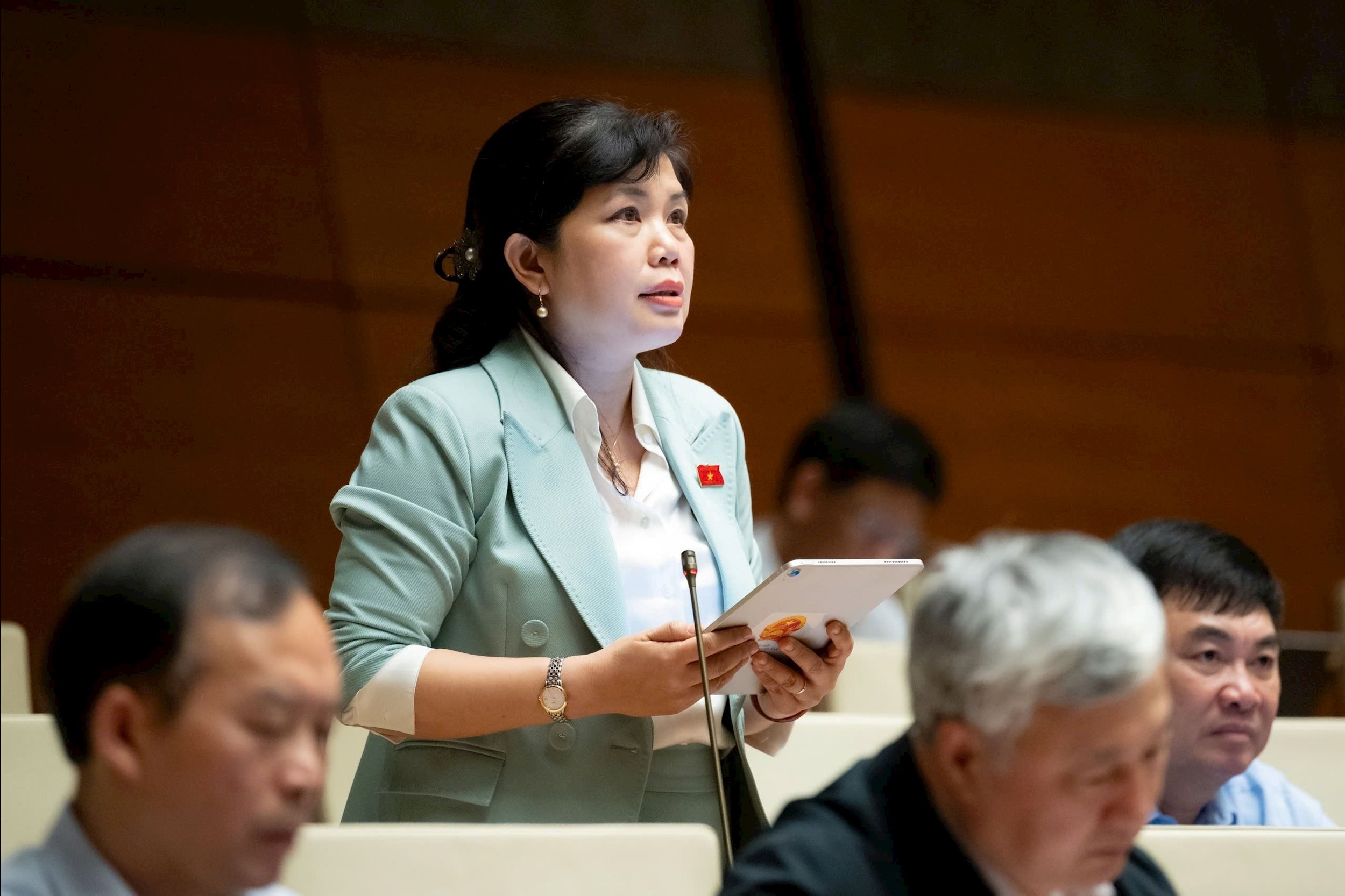
However, the Deputy Head of the National Assembly Delegation of Quang Ninh province also expressed concerns about some "loopholes" in practical implementation if the regulations are not strictly binding.
Delving into the mechanism for attracting talent, delegate Nguyen Thi Thu Ha emphasized that receiving experts and talented people from the private sector is necessary, but there must be clear technical "barriers".
"The mechanism for receiving experts and talented people from the non-public sector needs to have transparent criteria, avoiding taking advantage to recruit "family members" or "formalization", delegates frankly expressed their opinions. At the same time, it is recommended that there should be more specific regulations on standards and appraisal processes to ensure fairness and objectivity.
In addition, the issue of indefinite-term employment contracts is also a topic that delegates are interested in analyzing. There is a stream of opinions that this type of contract should be limited to eliminate the "lifetime tenure" mindset and increase competitiveness. However, delegate Nguyen Thi Thu Ha also pointed out a worrying reality: if the regulations are too strict, it will cause psychological instability and reduce motivation, especially for civil servants in remote areas or special fields such as health and education .
"Reality shows that many public service units are facing difficulties in attracting high-quality human resources due to the limited-term contract mechanism, especially in the context of strong competition in the private sector," the delegate cited.
From there, the delegates suggested that the Government study a more flexible mechanism; it is possible to classify by job position groups to both maintain the stability of the team and maintain innovation.
Eliminate "leveling" evaluation, empower with responsibility of leaders
Regarding the use and evaluation of civil servants, delegate Nguyen Thi Thu Ha said that this is a "breakthrough" to shift from emotional evaluation to evaluation based on actual performance.
Delegates reflected on the current situation, the system of evaluation criteria is still general, lacking quantitative basis. Especially in the fields of culture, health, education - where results are social and difficult to quantify - the situation of formal evaluation and "leveling" still exists, causing a mentality of dependence.
.jpg)
To overcome this, delegates proposed the need to develop a system of specific criteria and scales and thoroughly apply digital technology. "Only then will the evaluation of civil servants be truly fair and transparent, creating motivation to strive and effectively streamlining the payroll," said National Assembly delegate Nguyen Thi Thu Ha. At the same time, it was emphasized that the quality of the team depends largely on the management capacity of the leader. Therefore, the law needs to clearly stipulate the accountability of the head of the public service unit in arranging and using personnel, avoiding laxity or overlapping responsibilities.
Regarding income, according to delegates, although the salary regulations in the draft have been mentioned, if they are not linked to the reform of the general salary policy, it will be "difficult to have a practical impact"; especially when compared with the private sector.
Source: https://daibieunhandan.vn/can-quy-trinh-chat-che-trong-tiep-nhan-nhan-tai-tu-khu-vuc-tu-nhan-10395492.html





![[Photo] Deep sea sand deposits, ancient wooden ship An Bang faces the risk of being buried again](https://vphoto.vietnam.vn/thumb/1200x675/vietnam/resource/IMAGE/2025/11/13/1763033175715_ndo_br_thuyen-1-jpg.webp)


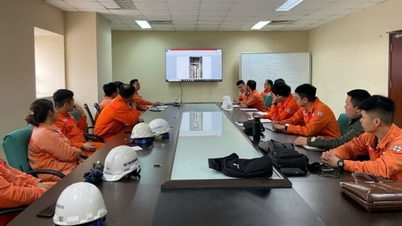



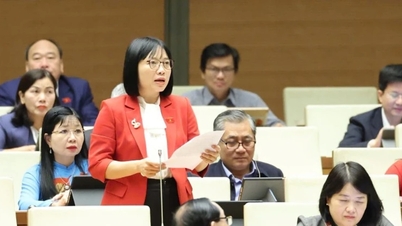







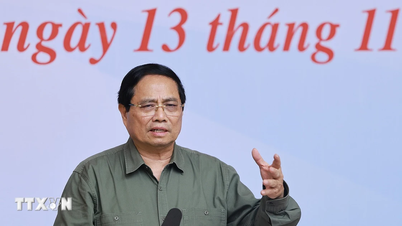
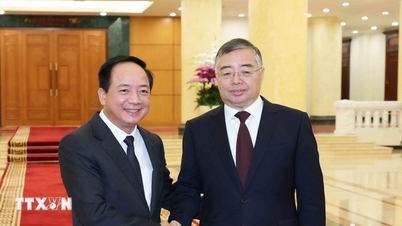



![[Video] 24-hour news on November 13, 2025: General Secretary To Lam inspects the implementation status of Long Thanh Airport Project](https://vphoto.vietnam.vn/thumb/402x226/vietnam/resource/IMAGE/2025/11/13/1763038878491_img-5714-jpg.webp)







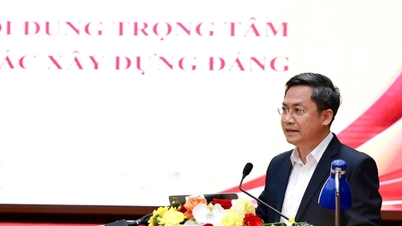
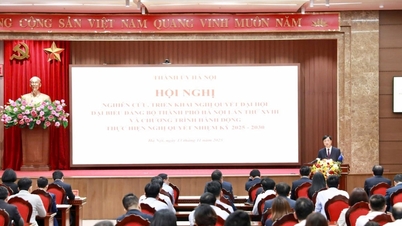








































![[Photo] Panorama of the 2nd Vietnam-Cambodia Border Defense Friendship Exchange](https://vphoto.vietnam.vn/thumb/402x226/vietnam/resource/IMAGE/2025/11/13/1763033233033_image.jpeg)
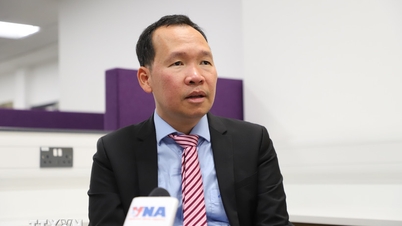


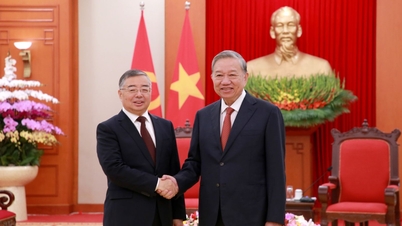

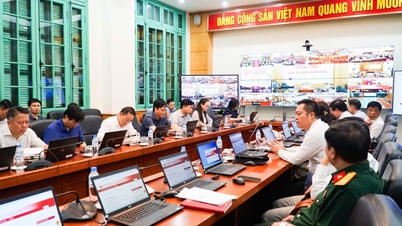

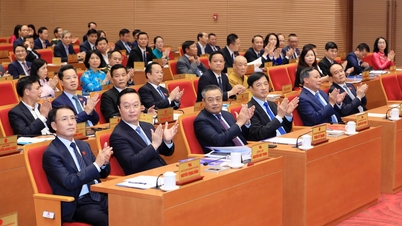





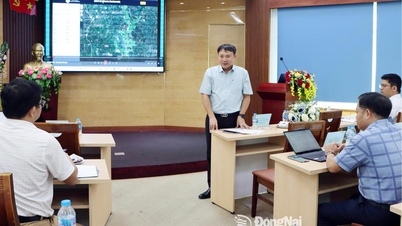










![Dong Nai OCOP transition: [Article 3] Linking tourism with OCOP product consumption](https://vphoto.vietnam.vn/thumb/402x226/vietnam/resource/IMAGE/2025/11/10/1762739199309_1324-2740-7_n-162543_981.jpeg)







Comment (0)